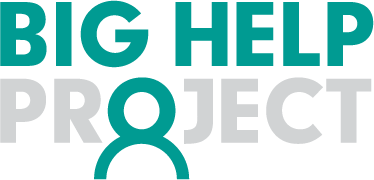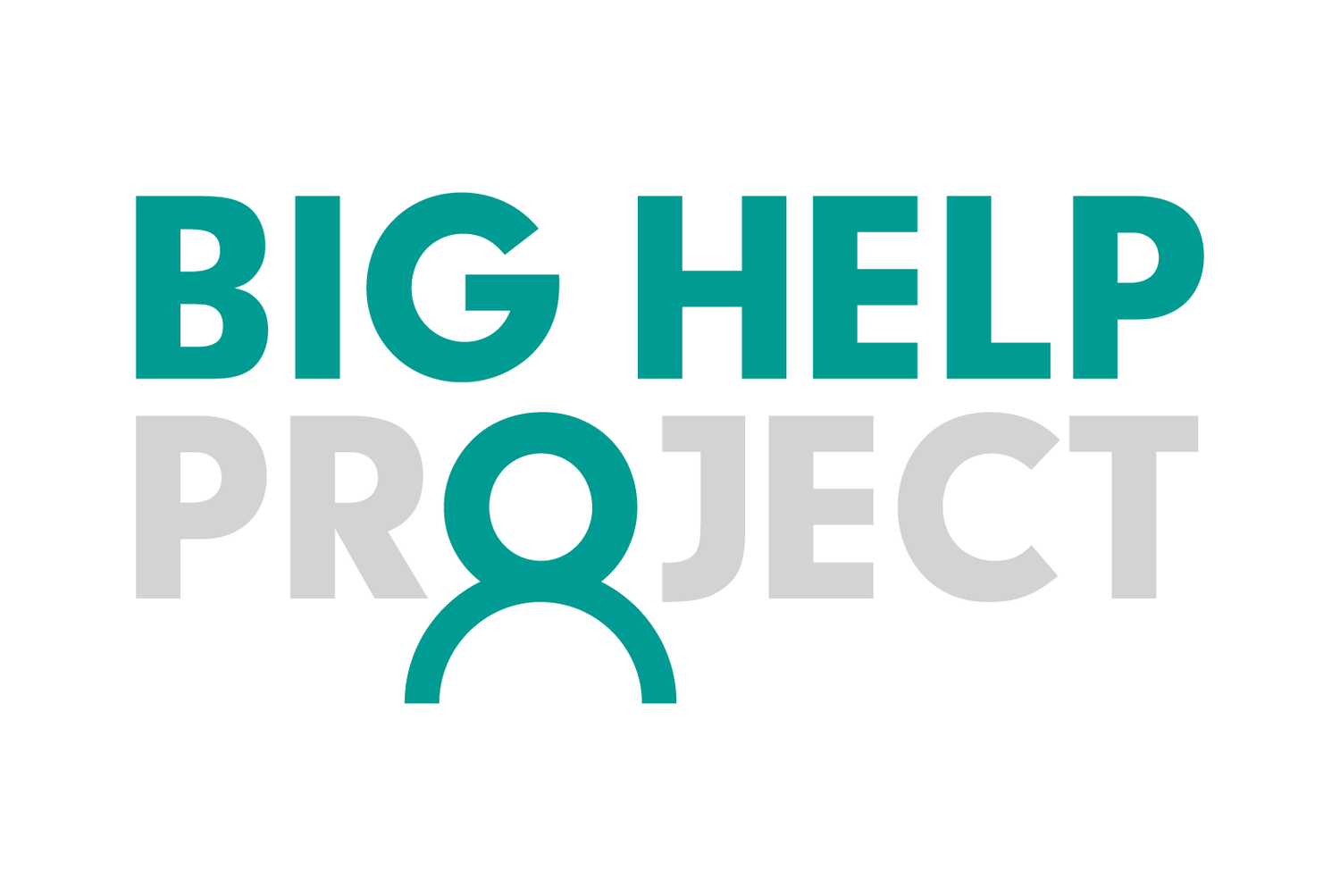Eight-million people are to receive a first £301 instalment amidst cost-of-living crisis
With a large number of people in the country still suffering under the effects of the cost-of-living crisis, the price of putting food on the table and keeping the lights on at home are rising to record levels. In light of this, the latest of Government efforts to relieve the pressures of high bills will see 8 million benefits claimants receive an instalment of £301 between now and 17th May. Usage of food banks did fall in the weeks following similar cost-of-living payments last year, and hopes that a similar result will occur this time are fuelling further payments addressing the crisis.
Are you eligible?
If you are eligible, you will receive the payment automatically as you would usually get your benefits or tax credits – you do not need to apply. If you are asked to apply in any capacity, it may be a scam. The second and third instalments will be worth £300 and £299 with the purpose of making them easily distinguishable from one another.
To be eligible for this payment, you must be in receipt of – and have been entitled to a payment between 26th January and 26th February 2023 from – one of the following:
Universal Credit
- Income-based Job Seekers’ Allowance
- Income-related Employment and Support Allowance
- Income Support
- Working Tax Credit
- Child Tax Credit, or
- Pension Credit.
When and how will you receive it?
As mentioned above, payments will be automatically paid as benefits are received. The payment will include a reference of the recipient’s National Insurance number, alongside ‘DWP COL’.
In a demand that was initially expected to have been a ‘once-in-a-lifetime level of need’, data published by the Trussell Trust this week showed that their network distributed almost 3 million food parcels in the last 12 months – 750,000 of which did so for the first time – amidst a growth of 120% in the past five years.
Despite persistent stereotypes, 1 in 5 people in use of the Trussell Trust network of food banks were reported to be in work; typically, low-paid or insecure jobs such as in retail, social care, and hospitality. Not only does this reflect the struggles of the everyday person in affording the essentials, but also how little is commonly known about food banks and the poverty line in this country. Just this week, the price of a simple homemade cheese sandwich was reported to have risen by 37%. When basic household ingredients are rising outside of the boundaries of a family’s weekly budget, there is often no choice but to begin to look for help elsewhere.
As of last month, according to the ONS, the cost of a number of essential household food items rose significantly in price; Cheese by almost half to £3.71, milk by 40% to £1.40, and eggs by 28% to £3.17. This is at the fastest rate in 45 years.
Claimants who are eligible for benefits specifically through tax credits will receive their first payment from the 2nd of May. Additionally, over 6 million people with disabilities will receive an extra £150 over the Summer, and 8 million pensioners are to receive £300 next Winter.
Just 14% of those living in food insecurity reportedly use food banks. If you, or somebody you know, struggle with the impact of the cost-of-living crisis, food banks are there for your support. Big Help Project runs a number of food banks and food clubs in and around the Liverpool City Region. You can find the locations here.


